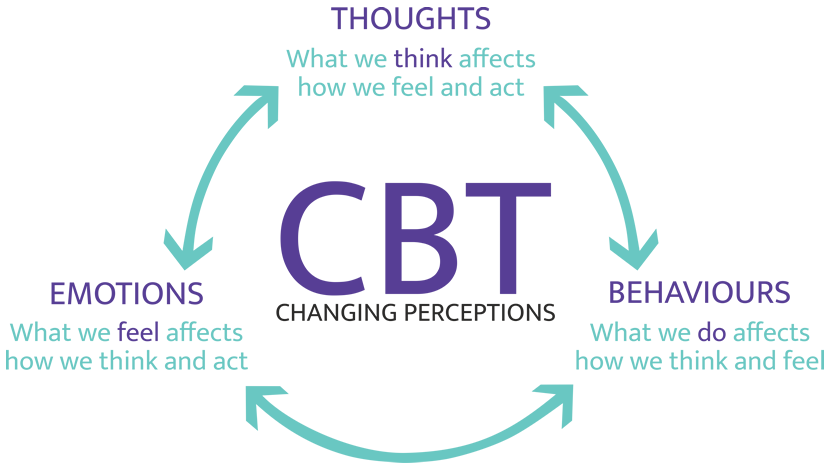Counselling is a talking therapy that provides you with support for many issues.
There are different approaches to talking therapies. As integrative therapists we have the ability to work with a range of one or more of the following:
Person Centred Therapy
Person-centred therapists believe that, given the right conditions, a person can reach their full potential and become their true self, or reach ‘self-actualisation’. This actualisation process is innate and accessible to everyone.
To help the client achieve self-actualisation, the person-centred therapist will offer:
• Unconditional positive regard (UPR) – accepting and valuing you
• Congruence – being honest and transparent in how they experience you and your world
• Empathic understanding – seeing your viewpoint as if they were you
When you’re attending counselling sessions with a person-centred counsellor, you’ll be encouraged to bring your own issues to the session – the counselling is led by you and not directed by the counsellor.
Many clients, with no prior knowledge of counselling, believe that the counsellor will sort their problems out for them. A person-centred counsellor will help you to explore your own issues, feelings, beliefs, behaviour, and worldview, so you can become more self-aware and achieve greater independence.
The aim of the therapist is to help you to realise what resources and support are available to you that you can use to work through your own issues, build your self-confidence and appreciate that you always have options. They will treat you as the expert on yourself, as no-one else knows exactly what it’s like to be you.
The therapist will not judge you, no matter what you bring to the session. This helps build a trustworthy relationship in which you can feel free and supported to disclose whatever is troubling you. Eventually it will lead you to discover your own abilities and autonomy, so that you can cope with current and future problems.
Cognitive Behavioural Therapy (CBT)

Cognitive Behavioural Therapy (CBT) has been proven to help treat a wide range of emotional & physical health problems. CBT looks at how we think about a situation and how this affects the way we behave.
In turn, our behaviour can affect how we think & feel. The therapist and client work together in identifying the client’s behaviours and thinking patterns, to enable change.
CBT is mainly concerned with the here and now rather than the past.
Transactional Analysis
Transactional Analysis (TA) is designed to promote personal growth and change. It is considered a fundamental therapy for well-being and for helping individuals to reach their full potential in all aspects of life.
TA therapy is based on the theory that each person has three ego-states: parent, adult and child. These are used along with other key transactional analysis concepts, tools and models to analyse how individuals communicate and to identify what interaction is needed for a better outcome.
Transactional analysis is a talking therapy and sessions are designed to explore an individual’s personality and how this has been shaped by experience – particularly those stemming from childhood. This is achieved through questioning and the utilisation of various models, techniques and tools.
The atmosphere that supports transactional analysis is non-judgemental, secure and respectful, ensuring that a positive relationship is forged between the therapist and client(s) in order to provide a model for subsequent relationships and communication that are developed outside of therapy.
Many people find transactional analysis appealing as it promotes an equal relationship between client and therapist, in which the client is encouraged to focus on their commitment to change. The TA belief is that we all have the capacity to decide what we want for our lives, and TA can help us to recognise our worth and value, and achieve these goals.
Being trained in integrative theories enables us to draw upon all of these to work in the most appropriate way to meet your individual goals.